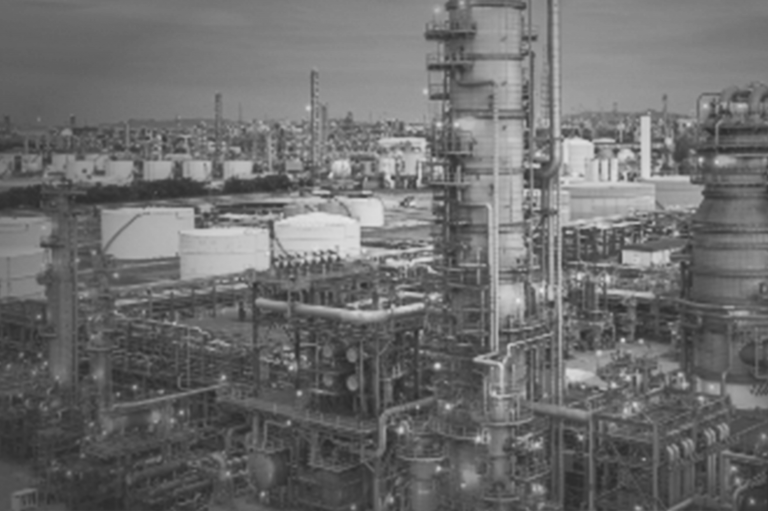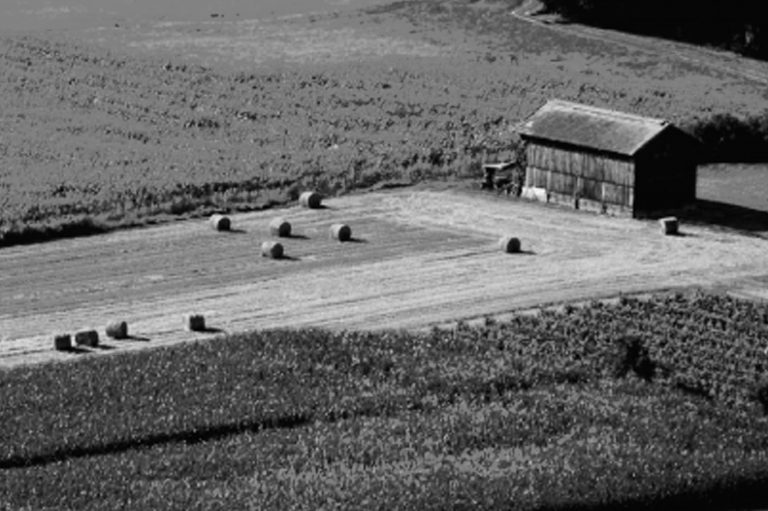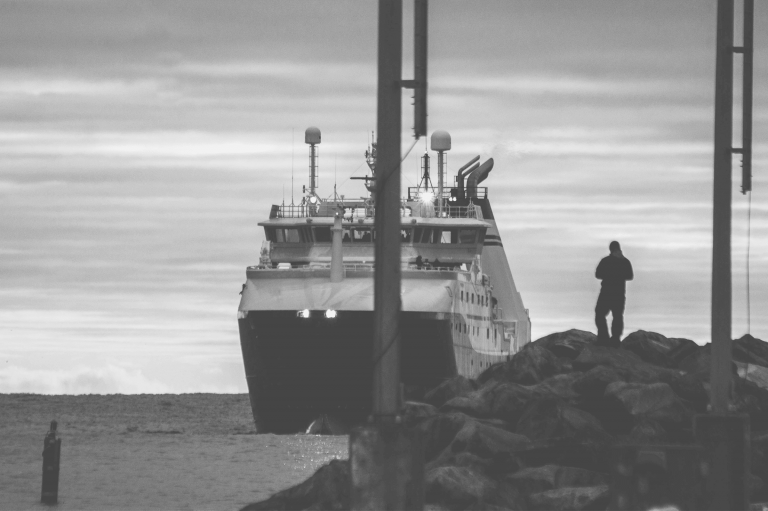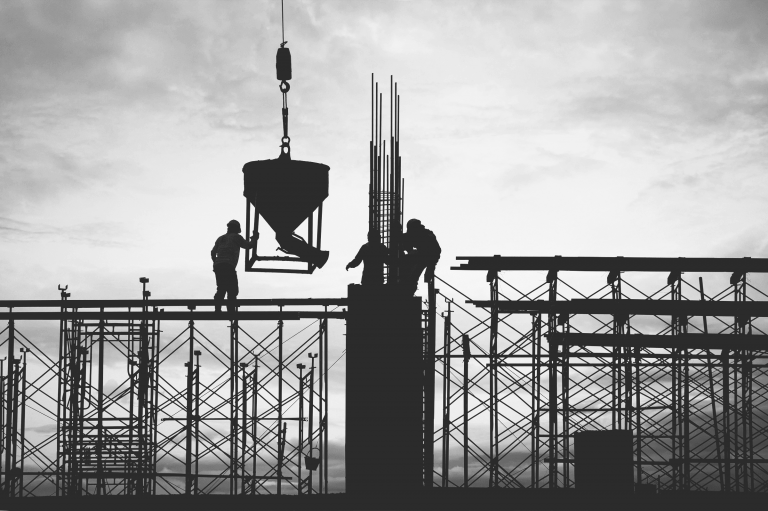Blog
Accommodation and food service activitiesHuman health and social work activitiesSouth Africa
Feeding the Children
An ugly South African statistic is that one in five children go to school without breakfast, a fact that is stated in our forthcoming report on the manufacture of breakfast cereals. While there have been many instances of poor behaviour and weak governance by corporate South Africa, an enormous direct social contribution is also made by business and this report highlights initiatives by some of the main players in this sector namely Tiger Brands, Pioneer Foods, Kellogg’s and Future Life.
Agriculture forestry and fishingSouth AfricaTransportation and storage
The South African Petroleum Industry
Download and share our free infographic on The South African Petroleum Industry or buy the full report here: The South African Petroleum Industry
Financial and insurance activitiesSouth Africa
Nationalising the South African Reserve Bank (SARB)
There is much speculation on the ANC nationalising the SARB and the consequent impact on the banking sector. Although the central banks of the US, Belgium, Greece, Italy, Japan, Switzerland and Turkey have private shareholders, this is unusual and South Africa remains the only central bank in Africa with private shareholders.
Human health and social work activitiesReal estate activitiesSouth Africa
Land Restitution
The ANC’s land summit decision to expropriate land without compensation has raised concerns for a negative impact on property valuation and a consequent risk to the banking sector, but it should be viewed in context. Land restitution in South Africa is an imperative if we are to live in a just society. When South African soldiers returned from World War 2, the white soldiers were given farms and the black soldiers received bicycles.
South AfricaTransportation and storage
Tunnels and Ferries
We recently returned from a trip to Norway. It was a poor rural agricultural and fishing nation until the discovery of offshore oil in the early 1970s and it now has the second-highest GDP per capita in the world after Switzerland. The country has used its oil wealth to develop expertise in the building of tunnels and ferries which makes getting around Norway a largely stress-free experience.
South Africa
Investigating & Security Activities Including Vehicle Tracking in South Africa
The compliant private security industry consists of legally-registered business entities that provide on a contractual basis a broad range of services and technology involved in the monitoring, protection and safeguarding of people and property. Demand for private security services in South Africa is driven by the high level of crime, the inability of the South African Police Service to hold back the criminal onslaught and the public’s increasing lack of faith in the police’s ability to solve crimes.
ConstructionTanzania
The Construction Industry in Tanzania
Tanzania’s construction sector is characterised by a large number of micro-entrepreneurs, the majority of whom operate in the country’s informal economy. The country’s formal construction sector comprises indigenous and indigenised firms, as well as numerous major foreign civil engineering and construction companies. As an industry with linkages to all sectors of the economy, the construction sector performs a pivotal role in Tanzania, as well as across the East African trade bloc.
Financial and insurance activitiesZimbabwe
The Banking Sector in Zimbabwe
The report on the Zimbabwean banking industry covers the Reserve Bank of Zimbabwe and deposit-taking institutions such as commercial banks, co-operatives, microfinance institutions (MFIs) and building societies. In 2016 the financial services sector contributed about 7% to GDP and total banking sector assets grew by 9.6% from US$10.26bn in September 2017 to US$11.25bn at the end of 2017.










